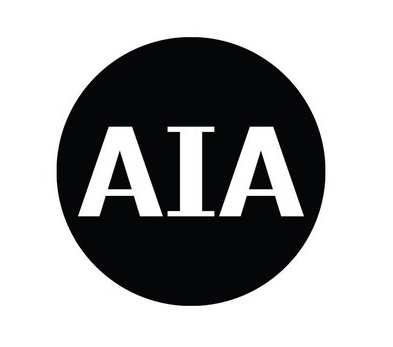
Architects Celebrate Climate Action and Community Investment in the Inflation Reduction Act
he American Institute of Architects (AIA) is applauding Congressional passage of the Inflation Reduction Act (H. R. 5376), which addresses the association’s policy priorities including provisions for building codes, climate tax incentives, and affordable housing.
The Inflation Reduction Act includes about $370 billion in energy and climate-related spending, making it the largest federal investment to combat climate change in history.
“I am proud of the work AIA has done to get Congress to include language addressing our legislative priorities,” said AIA EVP/Chief Executive Officer Lakisha Ann Woods, CAE. “AIA’s sustained commitment to advocating for legislation addressing greenhouse gas emissions from the built environment as well as resilient and affordable communities is evident throughout this bill. Though the climate crisis still requires our unrelenting attention, this legislation is a step in the right direction.”
Key AIA provisions included in the Inflation Reduction Act:
- Building Energy Codes: $330 million in grants to states and local governments to adopt the latest energy codes that meet or exceed the 2021 International Energy Conservation Code (IECC) and/or ASHRAE 90.1-2019. It also provides an additional $670 million for states and localities to adopt and implement zero-energy stretch codes.
- Federal Building Energy Efficiency:$250 million for General Services Administration (GSA) facility retrofits, and $2.15 billion for the Federal Buildings Fund, to be used by the GSA to acquire and install low-embodied carbon materials and products for use in the construction or alteration of buildings. The legislation also includes $975 million for GSA to invest in emerging and sustainable technologies.
- Greenhouse Gas Reduction Fund: $7 billion in competitive grants to enable low-income and disadvantaged communities to deploy or benefit from zero-emission technologies, including distributed technologies on residential rooftops, and to carry out other greenhouse gas emission reduction activities.
- Rebates for Home Energy Efficiency/Electrification: $4.3 billion to state energy offices to develop a HOMES rebate program, which will reimburse homeowners and aggregators for whole-house energy savings improvements. The legislation also provides an additiona$4.275 billion to state energy offices to establish a high-efficiency electric home rebate program. The rebates may be used for appliance upgrades, such as heat pumps, electric stovetops/ovens, and non-appliance upgrades, such as insulation, electric wiring, and ventilation.
- Tax Incentives: The legislation also makes significant changes to multiple tax incentives, including the Energy Efficient Commercial Building Tax Deduction (179D), the Energy Efficient Home Improvement Credit (25C), the New Energy Efficient Home Credit (45L), and the Research and Development tax credit (R&D).
A more detailed overview of the building sector investments in the legislation is available here.
Visit AIA’s website to learn more about its advocacy efforts.





